Online
Compensator
A compensator is a device used to absorb the deformation or displacement of pipelines, equipment, mechanical structures, etc. caused by temperature changes, pressure changes, vibration, settlement, etc. It is widely used in pipeline systems, thermal engineering, water supply and gas supply systems, petrochemicals, power equipment and other fields to reduce the stress on pipelines, pipe fittings and equipment and avoid damage or safety hazards caused by deformation. The compensator can effectively ensure the stable operation of the pipeline and extend the service life of equipment and pipelines. Compensators are usually divided into different types according to different working conditions and application requirements, such as metal bellows compensators, expansion joints, rubber compensators, etc.
Phone
+86 15733710333
info@global-flange.com
WhatsApp / WeChat
+86 15733710333
Related Products
List
1. Product features:
Absorb expansion and contraction caused by temperature changes:
The compensator can absorb the expansion or contraction of the pipeline caused by temperature changes, maintain the stability of the pipeline system, and avoid pipeline breakage or joint damage caused by temperature difference.
Reduce vibration and noise:
In high temperature and high pressure working environment, the compensator can reduce the mechanical stress caused by pipeline vibration, reduce noise, and ensure the smooth operation of the system.
Strong adaptability:
The compensator is suitable for pipeline systems of various specifications and pressure levels, and can effectively deal with extreme temperature changes, pipeline displacement, equipment settlement and other problems.
Corrosion resistance and high temperature resistance:
The metal compensator is made of highly corrosion-resistant and high temperature-resistant materials, and is suitable for industries with strong high temperature corrosion such as petrochemical, metallurgy, and electricity.
Simple structure and easy installation:
The structural design of the compensator is usually simple, the installation process is not complicated, and it can be quickly installed and debugged, shortening the engineering cycle.
Long-term stability:
The compensator has been precisely designed and manufactured, has a long service life, can work stably in harsh working environments, and reduces the frequency of maintenance.
2. Technical parameters:
| Material | Carbon steel, stainless steel, alloy steel, copper alloy, etc. The specific material is selected according to the use environment and requirements. |
| Operating temperature | -40°C ~ 800°C (depending on the specific type and material, the applicable temperature range varies) |
| Work Pressure | Can be designed according to different working pressure requirements, common range is from PN6 to PN160 |
| size | Applicable to DN15 ~ DN3000 (customized according to customer needs) |
| Connection | Flange connection, threaded connection, welding connection, etc. |
| type | Axial, lateral, angular compensators, etc. |
| journey | The stroke of the compensator can be adjusted according to different working conditions such as temperature difference and displacement. |
3. Common types:
Bellows compensator (metal compensator):
It is composed of multiple bellows and end flanges. The bellows has excellent elasticity and can effectively absorb the expansion and contraction caused by temperature. It is suitable for most pipeline systems, especially in high temperature and high pressure environments.
Expansion joint:
The expansion joint is a common compensator, which is mainly used to solve the expansion problem of pipelines caused by temperature differences. It is often used in high temperature environments such as petrochemical, metallurgy, and shipbuilding.
Rubber compensator:
It is suitable for medium and low temperature pipeline systems and can absorb the vibration, displacement and temperature difference of pipelines. Rubber compensators have excellent seismic resistance and good corrosion resistance, and are widely used in water supply, heating, gas supply and other industries.
Cast iron compensator:
It is mainly used in pipeline systems under low temperature and low pressure environments. It has high rigidity and is suitable for simpler pipeline compensation needs.
Soft connection compensator:
It is used to absorb the axial, lateral and angular displacement of the pipeline, and reduce the mechanical vibration between equipment. It usually uses metal or rubber materials and is widely used in power, HVAC, machinery and other fields.
4. Application areas:
Petrochemical:
In the petrochemical industry, compensators are used to handle the expansion and contraction of oil and natural gas pipelines to prevent pipeline breakage or leakage.
Power industry:
In the steam pipes and cooling water pipes of power plants, compensators can relieve the pipeline stress caused by temperature difference changes and fluid pressure changes, ensuring the safety of the pipeline system.
Building and HVAC:
In building pipeline systems such as heating, water supply, and air conditioning, compensators can be used to absorb displacement caused by temperature difference and reduce the risk of pipeline rupture and vibration.
Metallurgical industry:
In steel smelting and other high-temperature metallurgical processes, compensators are used to control pipeline expansion in high-temperature environments to avoid pipeline damage caused by excessive expansion.
Pharmaceutical industry:
In the pipeline system of pharmaceutical factories, compensators are used to prevent chemical leakage or pipeline damage, ensuring the continuity and safety of the production process.
Shipping and marine engineering:
Compensators are widely used in hot water pipes and drainage systems of ships, and can withstand temperature differences and external vibrations.
Municipal pipelines:
Compensators are used in municipal pipelines such as water supply, drainage, and gas supply to solve stress problems caused by temperature, pressure changes, and settlement in the pipeline system.
5. Advantages:
Strong flexibility:
Compensators can be customized according to the needs of the actual pipeline system to meet the pipeline compensation needs under different working conditions such as temperature, pressure, and vibration.
Efficient shock absorption:
Compensators can effectively reduce the vibration and noise of the pipeline during operation, avoiding equipment damage and system impact.
Durability:
Compensators are made of high-strength materials and are precision-processed. They have a long service life and can operate stably in harsh working environments.
Improve safety:
Compensators can reduce the burden on pipelines and equipment, avoid excessive expansion or deformation of pipelines, and improve the safety of system operation.
Quality assurance:
Our compensators are designed and produced in strict accordance with international standards and industry specifications, and undergo strict quality control to ensure the sealing, durability, and stability of the products. Each compensator undergoes performance testing before leaving the factory to ensure that it can meet the customer's usage needs.
6. Packaging and transportation:
Packaging: According to the size and quantity of the compensator, protective packaging such as wooden boxes and pallets are usually used to ensure the safety of the product during transportation.
Transportation: We provide a variety of transportation methods such as sea transportation, air transportation, and land transportation to ensure that the product is delivered on time.
Notes:
Inspection before installation: Before installing the compensator, check its appearance to ensure that there is no damage. Especially for bellows compensators, avoid damage to the use effect due to external forces.
Regular maintenance: The compensator needs to be checked regularly to ensure the elasticity, sealing, corrosion resistance and other properties of the compensator, and to promptly discover and repair possible problems.
Scope of application:
Select a suitable compensator according to the pressure, temperature and other conditions of the pipeline to ensure that its performance meets the working requirements of the pipeline.
7. Summary:
As an indispensable equipment in the pipeline system, the compensator can effectively alleviate the pressure and displacement caused by temperature difference, pressure fluctuation, vibration, etc. on the pipeline system, and ensure the safe operation of the pipeline. Whether it is a high-temperature and high-pressure industrial environment or a heating and water supply system in daily life, the compensator can play an important role, reduce maintenance and failures, and extend the service life of pipeline equipment.
Production Process
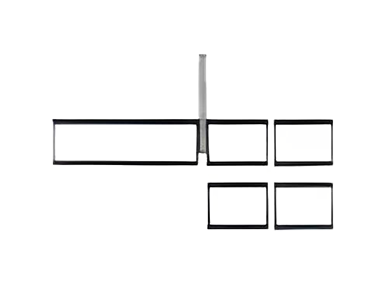
Material Cutting
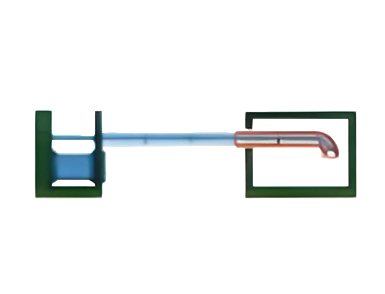
Medium Frequency Heat Forming
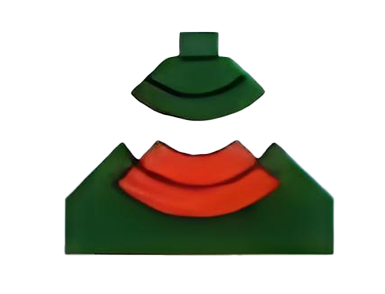
Calibration

Heat Treatment

Final Processing
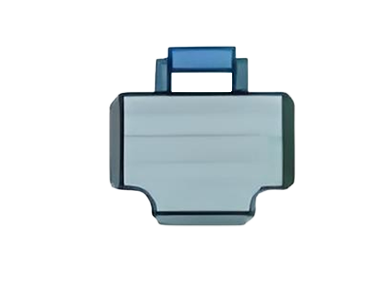
Non-destructive Testing

Surface Treatment
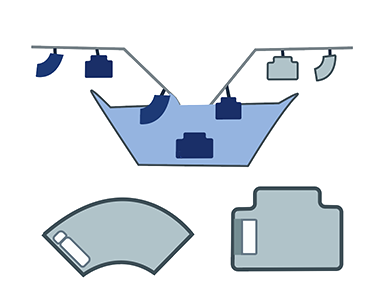
Coating and Marking
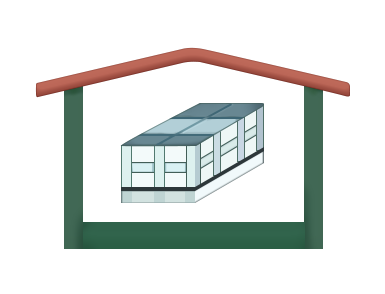
Packaging and Delivery















